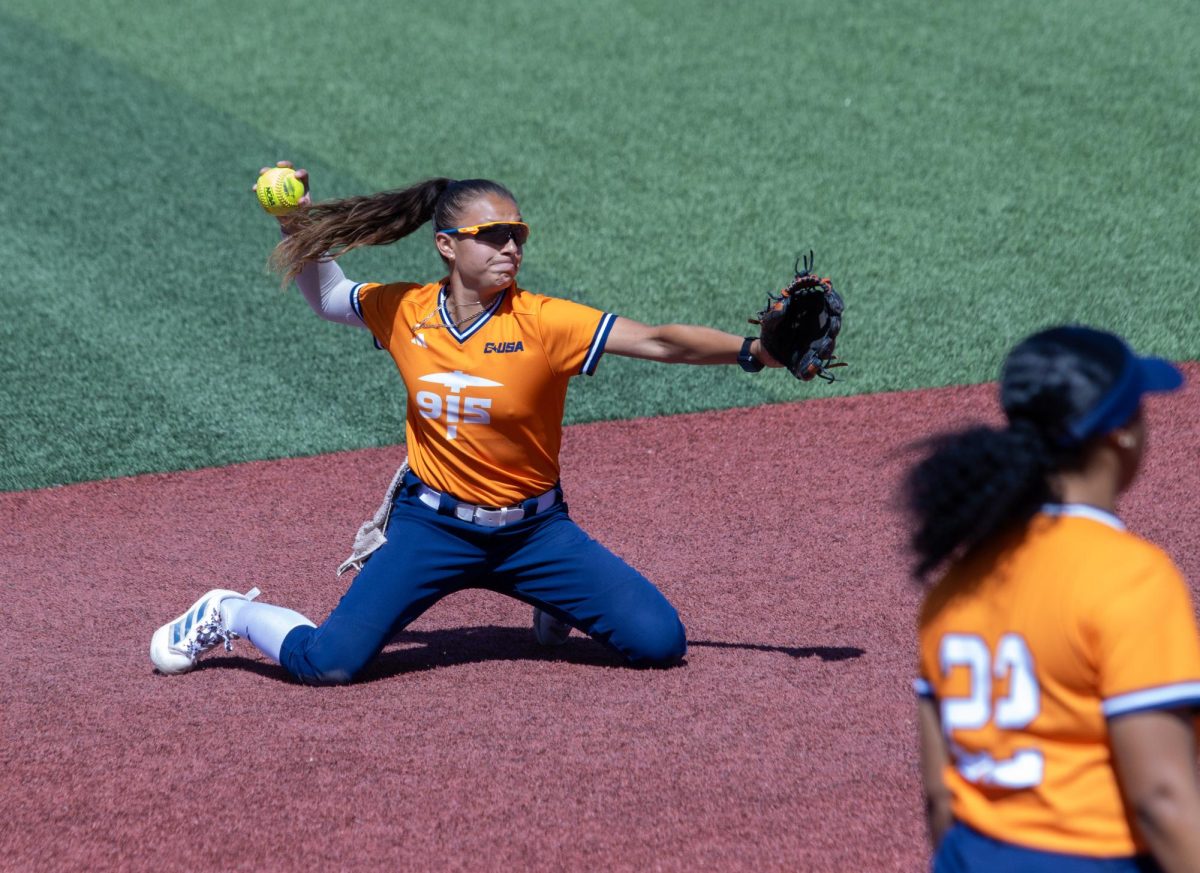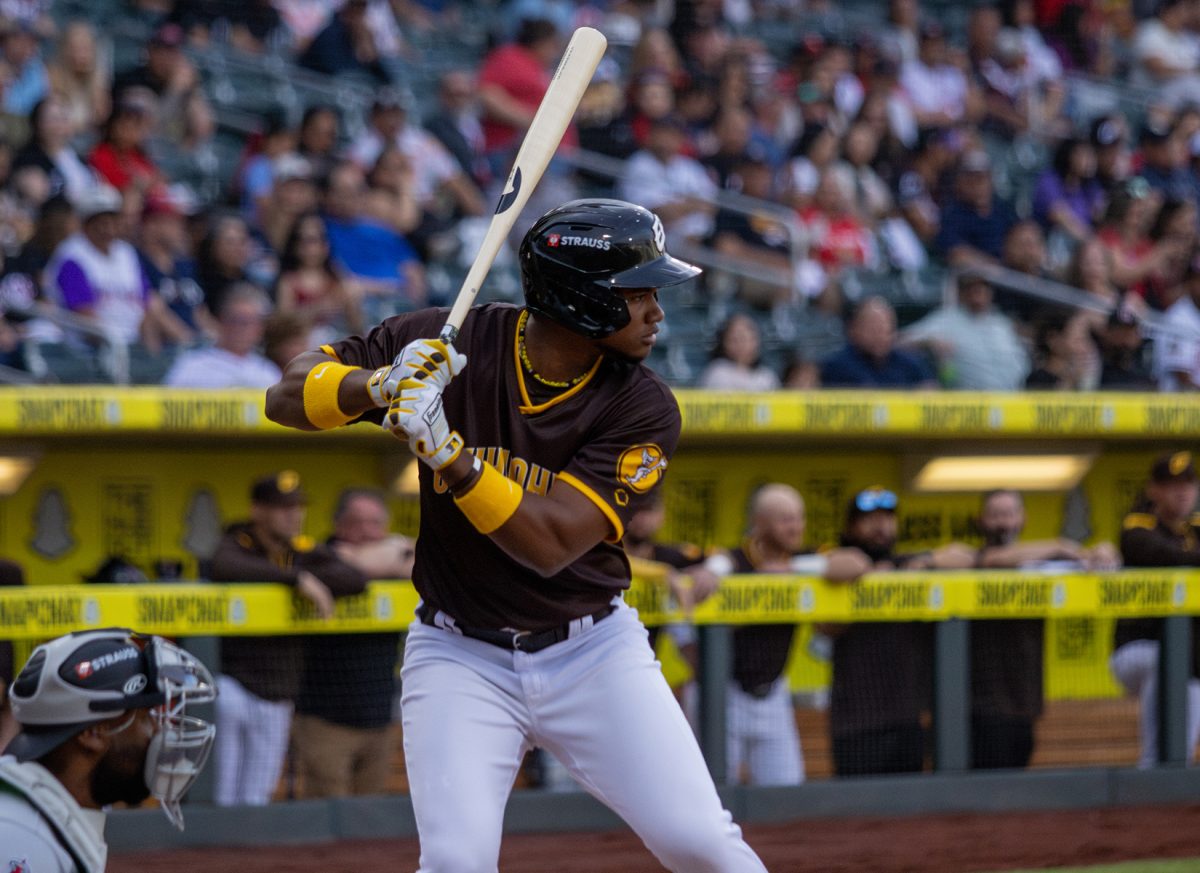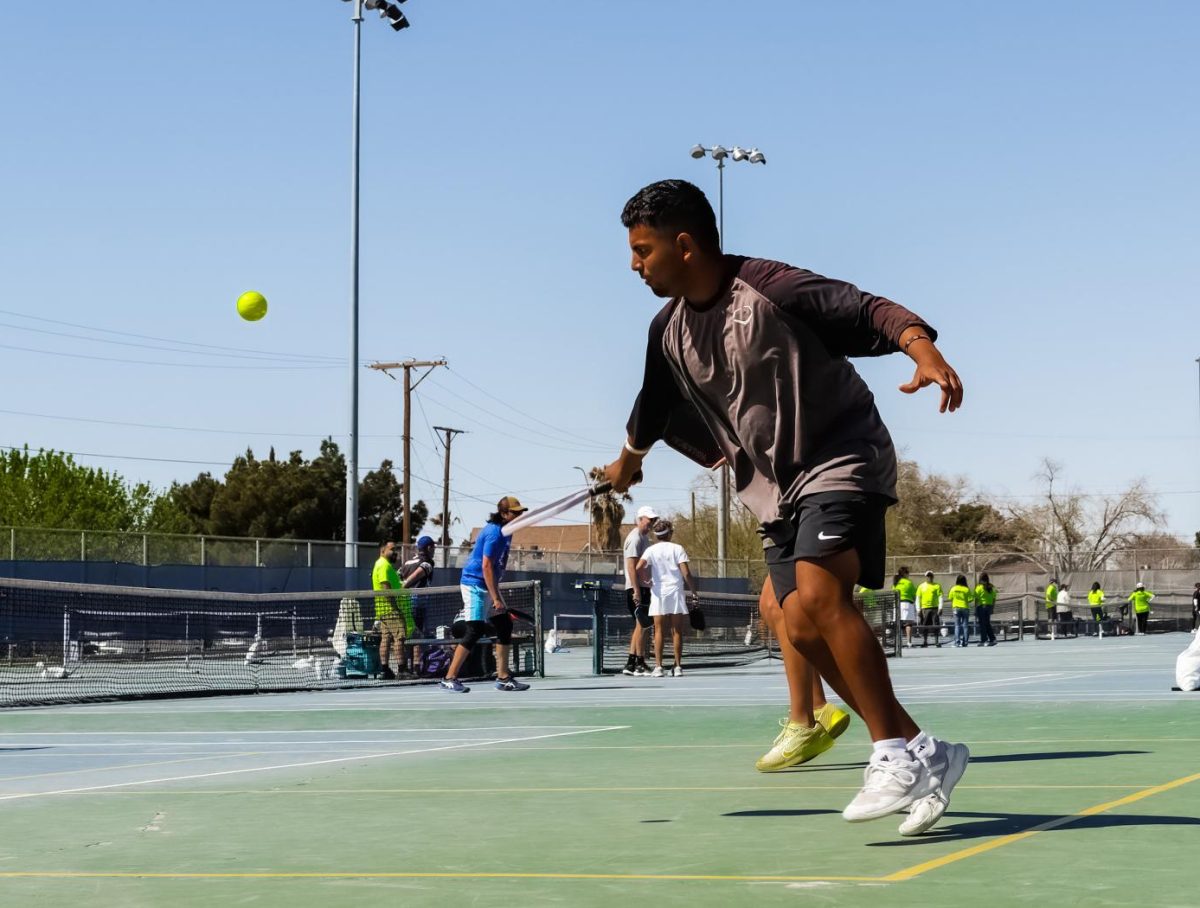Until recently soccer’s Mt. Olympus has had two and only two—Pele and Diego Armando Maradona. However, over the last decade, one player has made the case that he too belongs among these two greats of the sport with his collective and individual success.
Lionel Messi entered the 2014 World Cup in Brazil with the opportunity to irrefutably join Pele and Maradona by having a good tournament. Messi however didn’t have the spectacular tournament we all expected and the criticism has not stopped. Critics have said he can no longer aspire to those types of heights.
Messi’s performance at the World Cup is hard to understand for even his strongest supporters. It finishes off a year in which he inexplicably seemed tired and even apathetic while on the pitch. Still, if it wasn’t for Messi and his brilliance, Argentina would have been hard-pressed to make it out of the group stage, much less make it all the way to the final.
While his very talented supporting cast struggled through inconsistent play in the whole tournament, Messi’s play was the constant factor that effectively kept Argentina chugging along. He was cold and calculating, appearing at the precise moments, doing just enough to impact the game. He provided the team with a lifeline as it figured out its best version, the one that would ultimately show up in the semifinals and final.
Today when athletes are improving exponentially and the competition is at an all-time high, it becomes impossible for one man to win by himself in a sport like soccer. There are just too many factors, too many facets of the game that he cannot control.
After a long and intense season at Barcelona FC, fatigue and even some frustration had to play a role in that apparent apathy or unwillingness that Argentina’s number ten showed. It is definitely not the picture we as fans want from a sport’s greatest player. We want to see the urgency, the desperateness, the win-at-all-costs attitude.
But, what if Messi understood he had to regulate himself in each battle in order to have the best chance at winning the war. He couldn’t afford a bad game, like Germany’s Thomas Muller or Bastian Schweinsteiger could because no one else would pick up the slack. He had to regulate his energy in spurts throughout the seven games in order for him and Argentina to reach the ultimate goal. But the calculations failed and when it came down to the seventh game in crunch time, when the greats show up, Messi didn’t have anything left.
It is tough to anoint someone as the greatest of all time half way through their career, no matter how much they may deserve it. But it is absurd to try and disqualify Messi because of one game or even one month, no matter how transcendent it may be.
Luis Gonzalez may be reached at [email protected]









